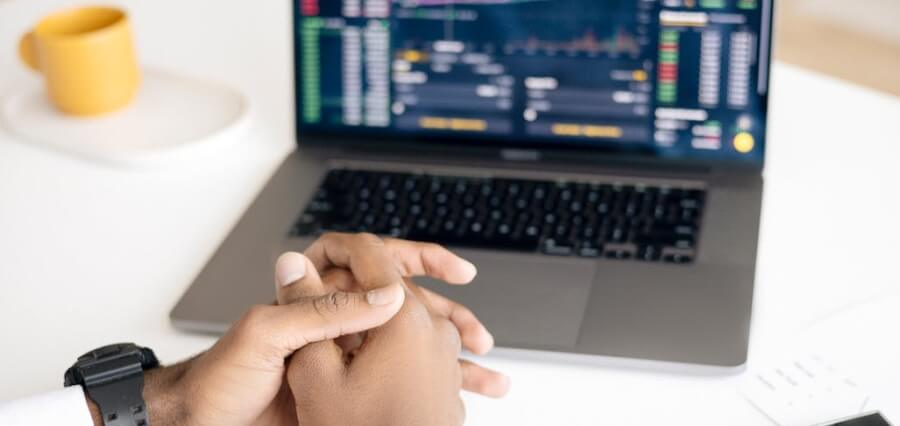Foreign exchange trading, also more commonly known as “forex-trading” or “FX trading,” entails exchanging one currency for another to make a profit from changes in exchange rates. Some currency traders also use it to protect their existing speculations against fluctuations in exchange rates.
Ultimately, forex trading is a little like when holidaymakers change their money at a bureau de change or other currency exchange facility before they go on vacation. The only difference is that traders do this on a much larger scale. Below is a look at the forex market and how forex trading works, plus an introduction to forex trading courses and how to get started in it.
The FX market and how trading works
Forex trading has become mighty popular and provides opportunities for traders to make a profit fast. Often, trading takes place between institutional traders conducting the trading on behalf of individuals and financial organizations.
Although a lot of trading is for profit, traders use forex trading in different ways. One of the main ways is to hedge against risk on international currency rates and interest rates. Another is to diversify an investment portfolio. The fact that, whereas the stock exchange opens and closes at specific times, the forex market is open around the clock five days a week means traders can react to news quicker, which won’t affect the country’s stock exchange until later.
The workings of trading
Forex trading works more or less the same way as any other transaction that entails buying an asset with one currency. The market price indicates how much a trader will need of one currency to buy another. Each currency has its own unique code, so traders can identify it as part of a pair. If you see the market price GBP/USD, this pair tells you how many US dollars (the quote currency) it takes to buy a British pound (the base currency).
Buying a currency pair means you think the price will rise, suggesting the base currency is growing stronger in relation to the quote currency, e.g., it would take more dollars to buy a British pound in the GBP/USD pair. If you sell a currency pair, the indication is that you think the price will fall, meaning the base currency will weaken against the quote one, e.g., fewer dollars will be necessary to buy a British pound.
To make money, the market price must rise above the buy price or fall below the sell price of the spread, depending on your position. The spread is the difference between the two prices.
Starting in forex trading
There are different ways to get started in forex trading, and once you do, you’ll find it exhilarating.
Take a course
There’s a lot to consider before conducting a forex trade, so it’s absolutely essential to research the market, study it, and learn about forex trading first before diving in. Forex trading courses are ideal to build your knowledge. In an online course, the instructor may provide PowerPoint presentations, eBooks, trading simulations, and more, all highly valuable if you don’t know much about forex trading.
Understand the terminology
You can’t be successful in forex trading if you don’t even understand the terminology. Basic terms you should know include:
- Spot forex
- Contracts for difference (CFDs)
- Pip
- Bear market
- Bull market
- Spread
- Leverage
- Learn to read the charts
Being able to read the charts is essential. An OHLC chart, for instance, will show a bar for each time period the trader is viewing, and every vertical bar represents a day’s worth of trading.
Candlestick charts give the open, low, and close values for a specific period. These charts provide a variety of price patterns, which makes them popular with traders.
Learn and choose a trading system
It’s important to know the different systems and then choose the right one for you.
Currency scalping is a shorter-term system and involves buying and selling currency pairs in very short periods of time. Intraday trades are a slightly longer-term and more conservative approach that will suit beginners and focus on four-hour or one-hour price trends. Swing trades are all about focusing on larger price movements than either currency scalping or intraday trades and are ideal if your trading is complementing your day’s work.
Wherever you are in your forex trading journey, you should use a suitable trading platform. It should be able to provide you with real-time information and be open all the time forex trading is possible. A reputable broker and platform will also take great care to protect your personal information so that you can conduct your forex trading safely.


